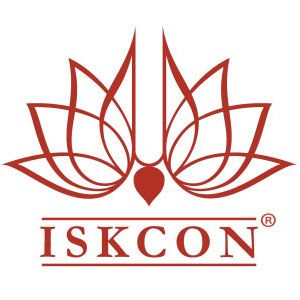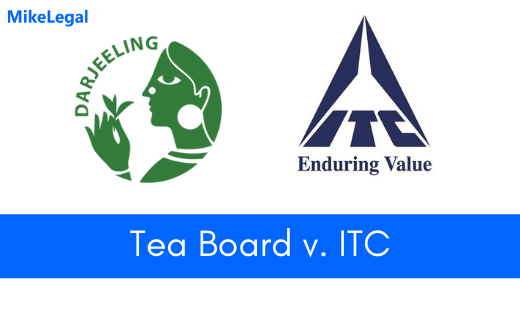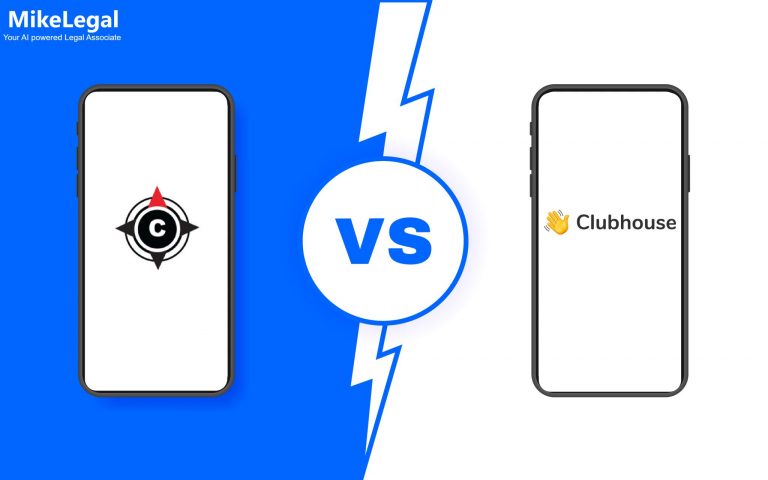Say ‘TATA’ to Lengthy and Expensive Litigation
In the past year, the Indian Trademark Office has seen a tremendous 212% increase in the number of trademark applications.[1] This can be attributed to the increasing importance of intellectual property as an anchor to the rapidly developing knowledge-based economy. Inevitably, an increase in applications also means an increase in disputes relating to IP. These disputes, however, need not always be hostile in nature. Many a time it is simple misunderstandings that get dragged to courts and turned into a big dispute. Alternate Dispute Resolution (ADR) becomes a viable option in such cases.
Mediation is one such ADR method that is growing in use. Here, the parties come together amicably and solve the dispute amongst themselves. There is no need for a judge to pass a judgment. The parties can themselves decide what they want and negotiate. A recent example of the same is the case of Tata Sons Private Limited vs Sunil Keshavji Tataria & Anr.[2] Here, the defendant sold adult diapers under the label of ‘Tataria’ via their online platform called ‘tatariahygiene.com’. The plaintiff, Tata sons claimed that this amounted to the misappropriation of their trademark ‘TATA’.
The Delhi High Court in February this year, referred the matter to the Mediation and Conciliation Centre to explore the possibility of settlement between the parties. Consequently, the dispute was resolved through mediation and a settlement agreement was agreed upon between the parties. ADR is considered as an internal proceeding and hence, the settlement agreement is not available in the public domain, but the High Court of Delhi has ratified the settlement agreement to be legal and binding on both parties.
Through this case, we can point out two major advantages that mediation has over litigation, i.e., speed and cost. Where a litigation proceeding can carry one for well over two to three years, mediation can be seen to be solving the dispute in a matter of months. Time is of the essence in trademark disputes, given that a trademark is valid for ten years at a time only. Long injunctions against usage in such cases can be detrimental to the proprietor and their business. Secondly, cost-effectiveness is the key to run any successful business. Every penny spent in the Court fee, lawyer’s charges and other litigation-related expenses are all investments that could’ve gone into the business. Adding salt to the wound, the longer a case remains open, the more the cost of litigation rises. Mediation is henceforth cost-effective in this regard. It levels the playing field for the big and wealthy firms and the small and mid-sized enterprises.
In light of these factors, attention needs to be drawn to the 129th Report of the Law Commission which suggested that mediation be made obligatory for dispute settlement. The case of Afcons Infra Ltd v. M/S Cherian Varkey Constructions[3] took it further to opine that all cases related to trade, commerce or contract should be referred to mediation. To this effect, the Commercial Courts Act, 2015 has made pre institution mediation mandatory for all commercial disputes unless an urgent interim injunction is prayed for.
To conclude, while mediation is not the answer to every kind of trademark dispute, it is proving effective in the majority of cases. It is not only a speedy and cost-effective process, but it also helps companies maintain their privacy and confidentiality with regard to valuable information. Time-bound mediation can hence cope with the increasing number of trademark disputes in the country and reduce the burden on the judiciary while being a party-friendly process.
The Blog has been authored by Sparsh Sinha during his internship with MikeLegal.
References:
[1] BananaIP, A Whooping increase of 212% Trademark Applications Examined this Week.
[2] CS(COMM) 308/2020 & I.A. 6632/2020, Decided on 31.08.2021
[3] Afcons Infra Ltd v. M/S Cherian Varkey Constructions, (2010) 8 SCC 24



